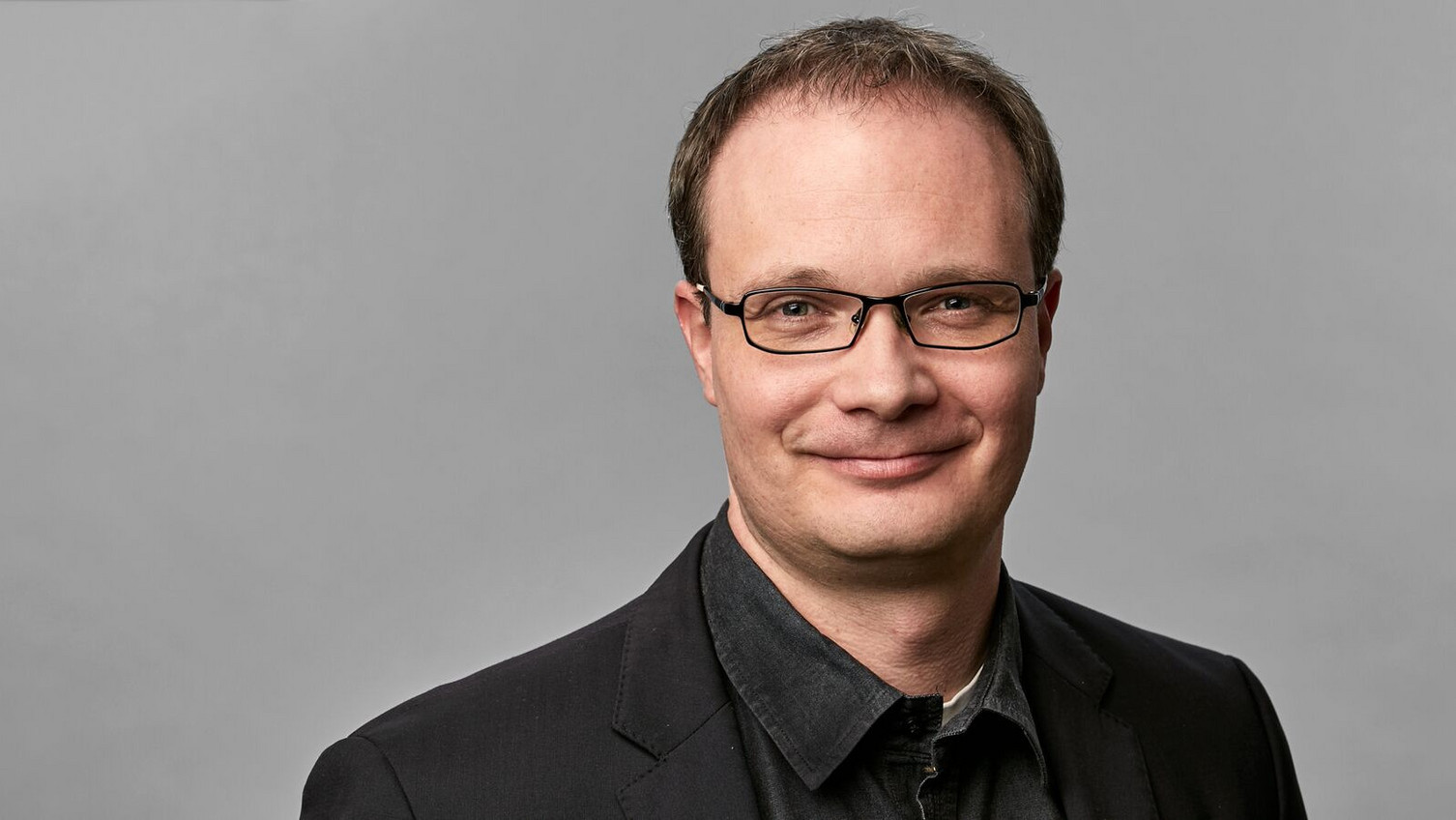Leuphana researcher in House of Commons Report on the future of the BBC
2021-06-03 Dr Christian Herzog's research on the financing of public media contributes to the UK's broadcasting finance reform. In the current House of Commons Report, reference is made to studies by the Leuphana researcher.
In the UK, the future of the BBC and other media organisations, which are mandated to serve the public good and are largely funded by the licence fee, is being shaped by the influential House of Commons (HoC) committee on "The future of public service broadcasting". Their reports, the "HoC Reports", serve in the legislative process as the basis for Green Papers, White Papers and ultimately also for laws which, as Herzog explains, are in urgent need of reform regarding the BBC. The last Communications Act was passed in 2003, a time when Netflix, Youtube and co. were still eking out a niche existence. Media markets, technologies and usage habits have changed massively since then.
The current HoC Report raises questions about the future of public media in an increasingly internet-based audio-visual media landscape. It addresses the role of platforms such as Facebook and Google, which increasingly distribute news and other audio-visual content and act as gatekeepers by ranking the content of some providers higher and possibly excluding that of others. It is also about the further development of requirements for the representation of minorities and the quality and guarantee of regional news coverage. Two of the five sections of the HoC Report deal with the financing of public media, first and foremost the BBC, which has an annual budget of about five billion pounds (of which about 3.5 billion pounds are generated by the licence fee).
In the financing section of the HoC Report, extensive reference is made to Herzog's studies on the financing of public media, which were carried out during the incubator period and partly only published afterwards. Together with a colleague from the University of Helsinki, he examined the change from the device-dependent licence fee to the licence fee in a country comparison. In a later study with a colleague from the University of Ulster, he looked at the free-rider problem and, based on the German developments for Great Britain, calculated various scenarios with different proportions of black viewers in order to make forecasts for adjustments to the licence fee (currently 159 pounds/year) in the event of a switch to a device- and usage-independent collection basis. These studies, both published in the European Journal of Communication, are now being used to inform the UK's broadcasting funding reform.
Christian Herzog holds a PhD from the Department of Social Sciences at Loughborough University in the UK. From 2012 to 2015, he worked at the then newly founded Centre for Digital Cultures at Leuphana University. After a spell as a visiting scholar at the University of Westminster, he was Lecturer at the Department of Media & Communication at Erasmus University Rotterdam from 2016 to 2018. Since 2019, he has been back at Leuphana and was initially employed as coordinator of the Global Classroom in the Complementary Studies at the Graduate School. Since March 2020, he has been the academic coordinator of the CODIP project (Competencies for Digitally-Enhanced Individualised Practice) at the Future Centre for Teacher Education.

